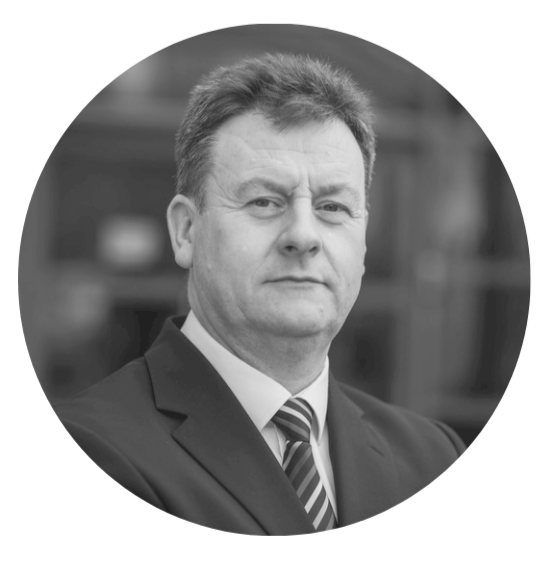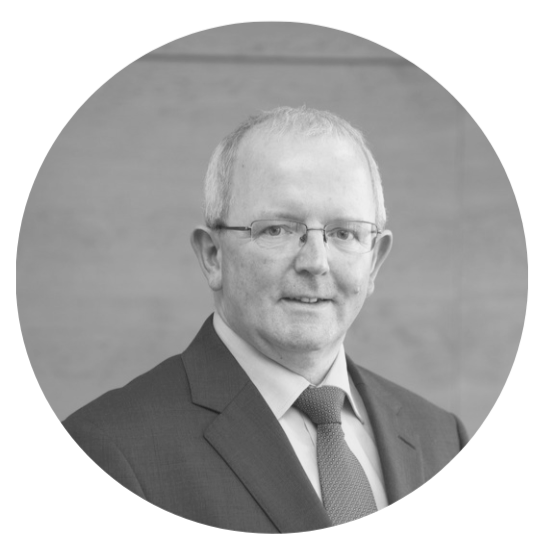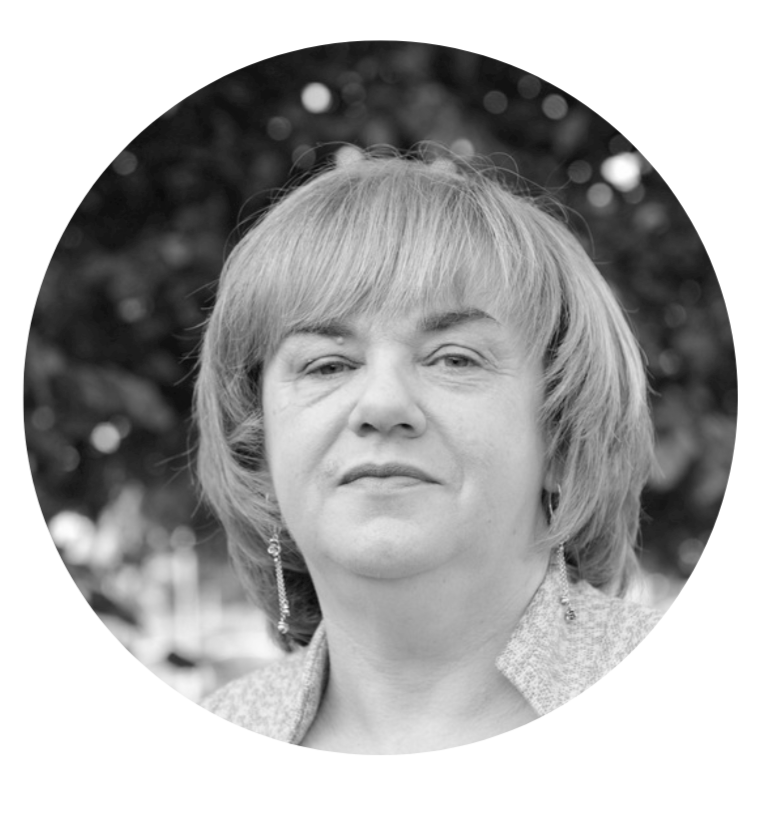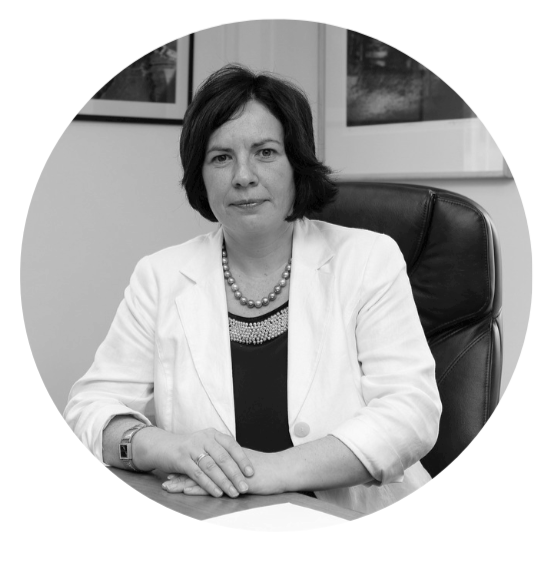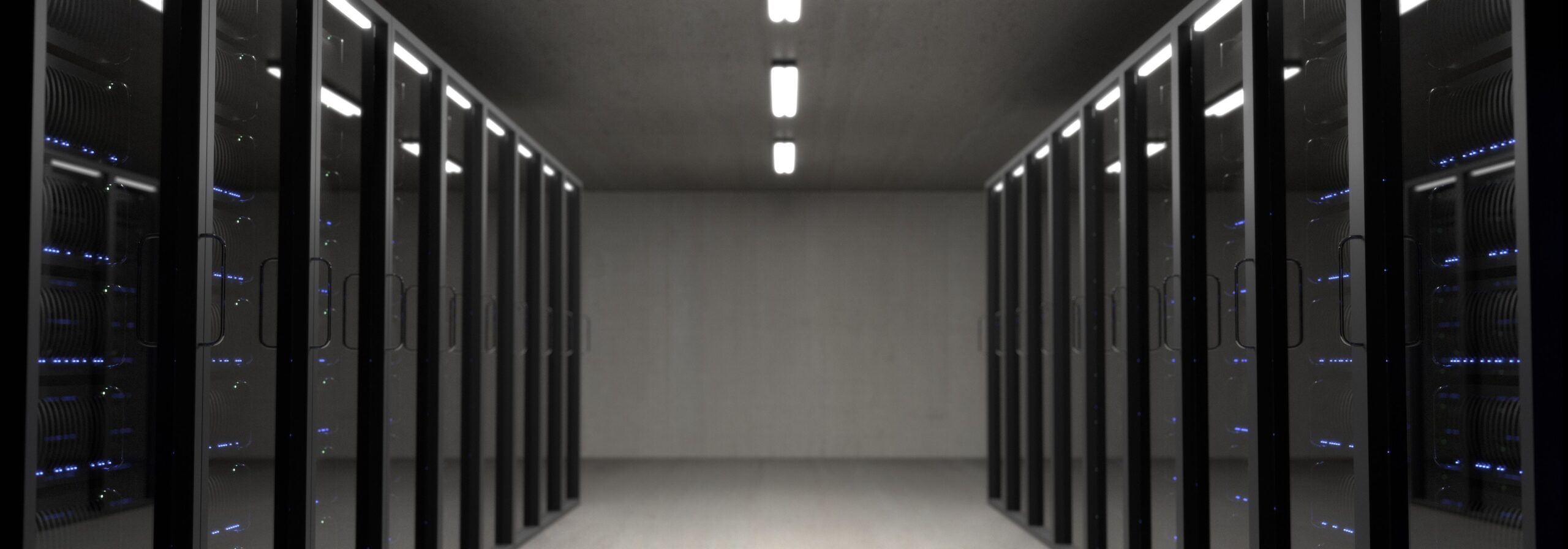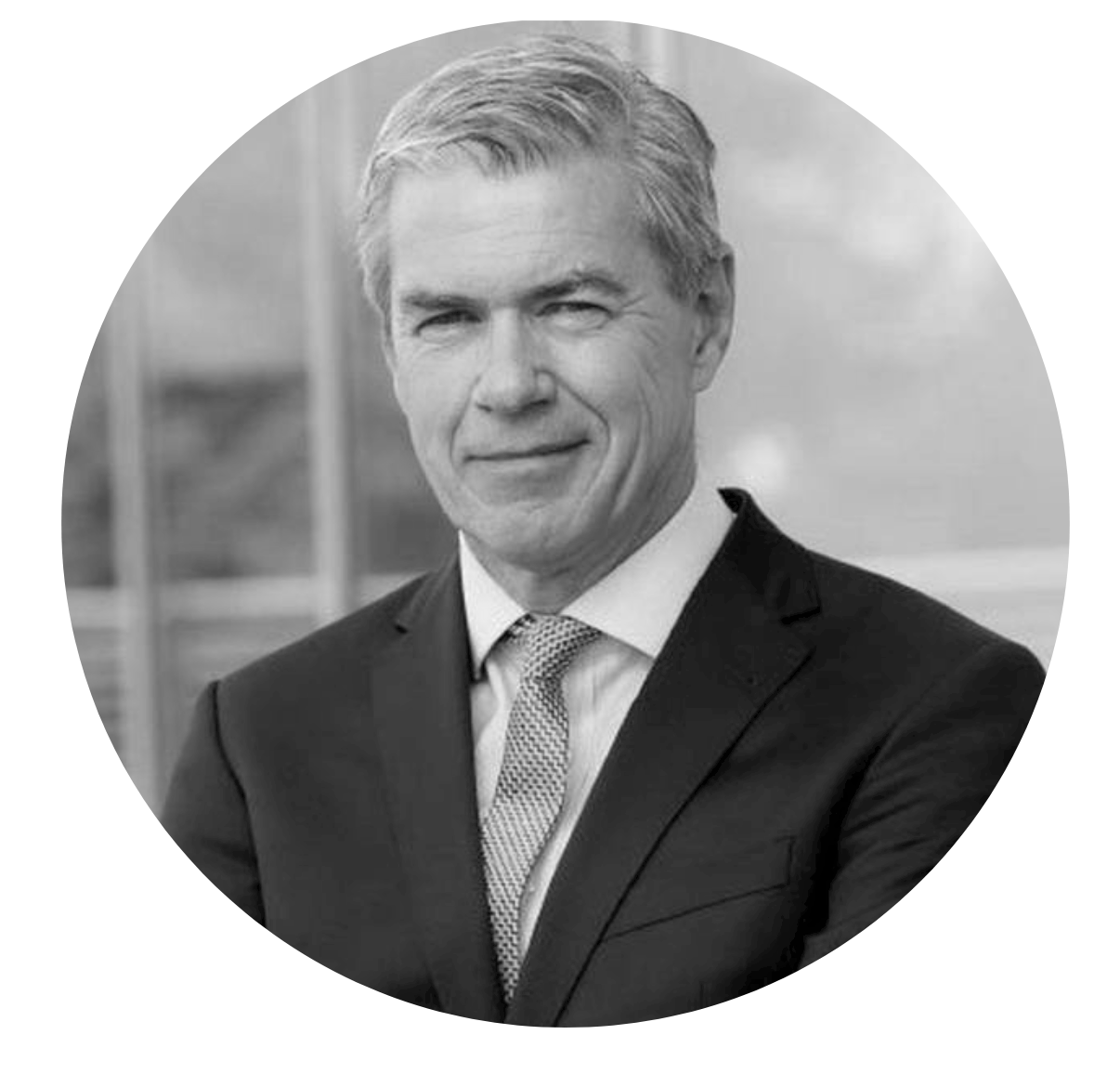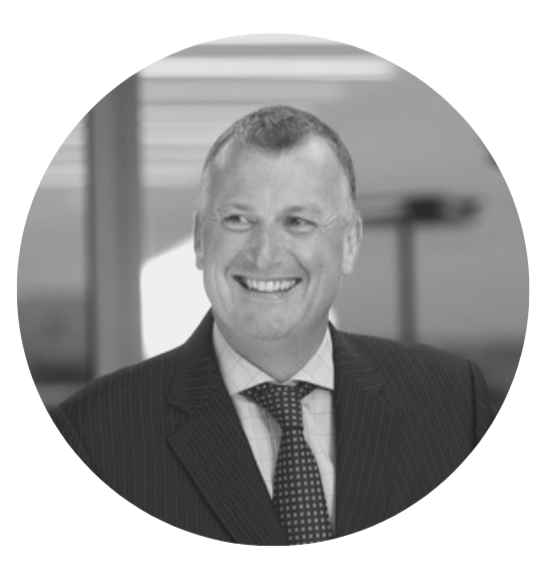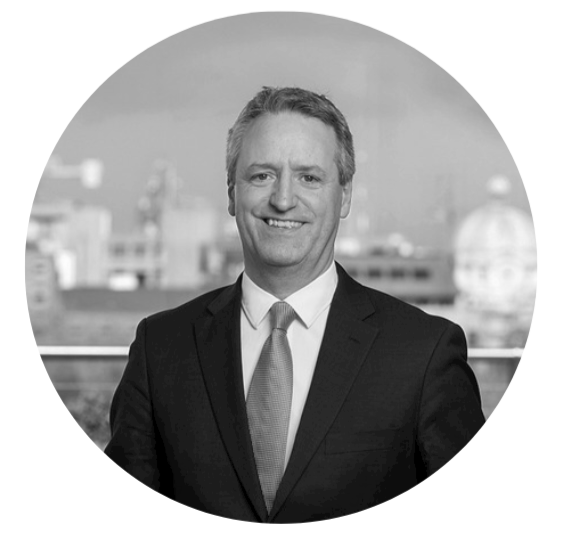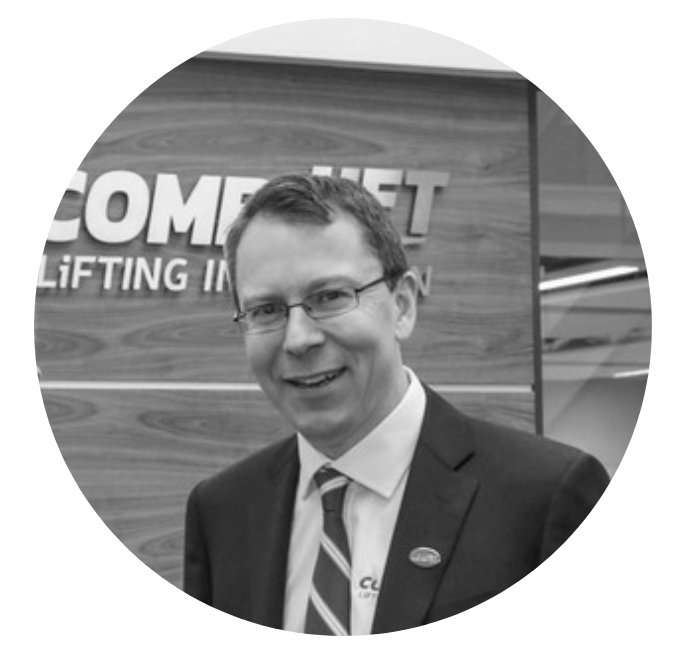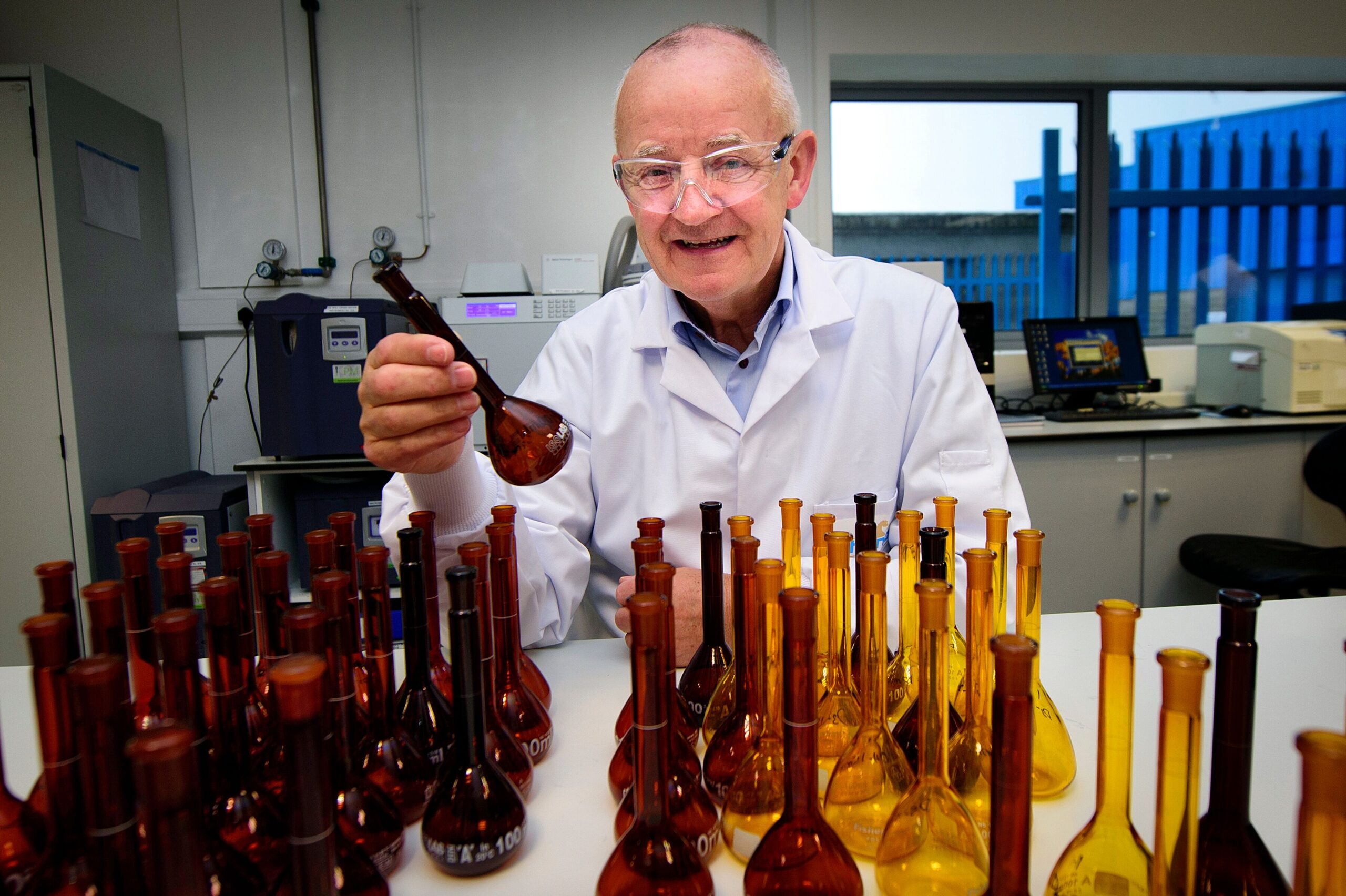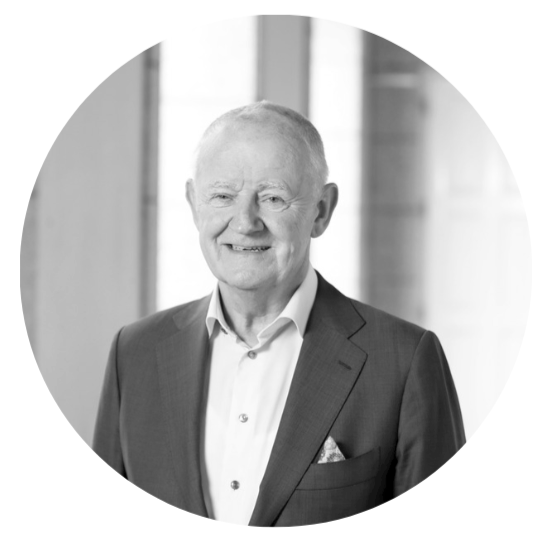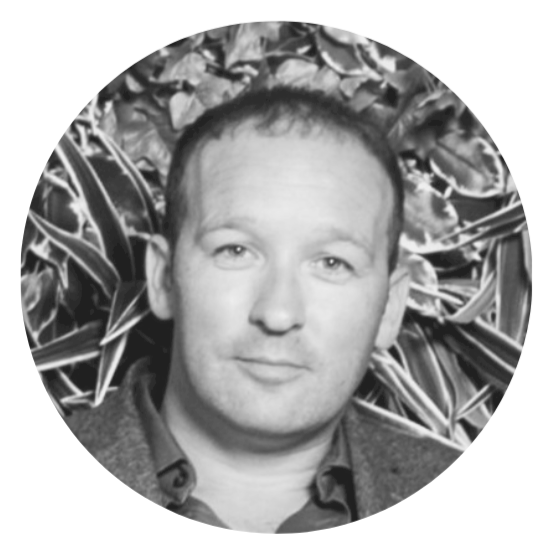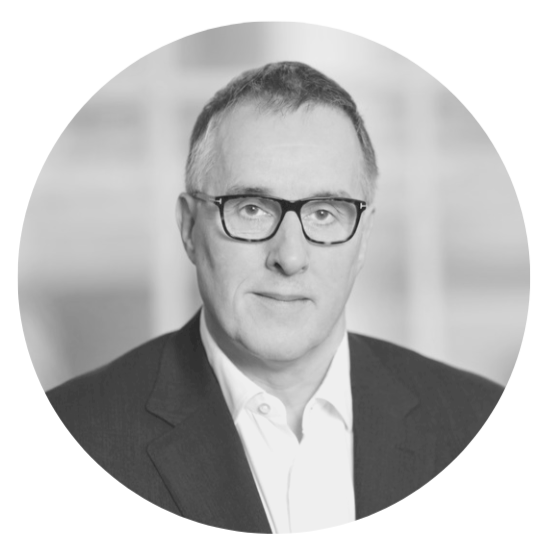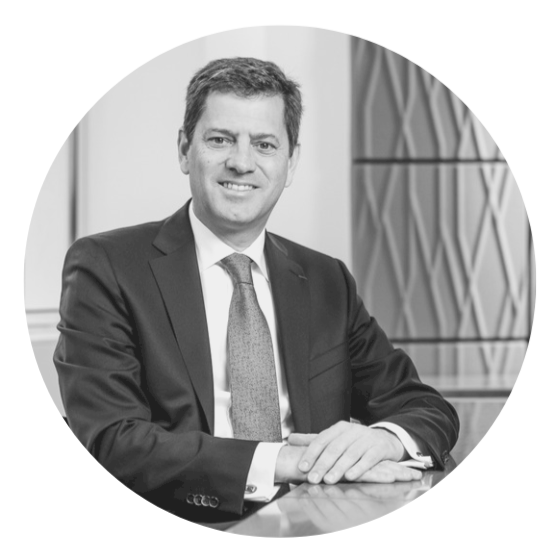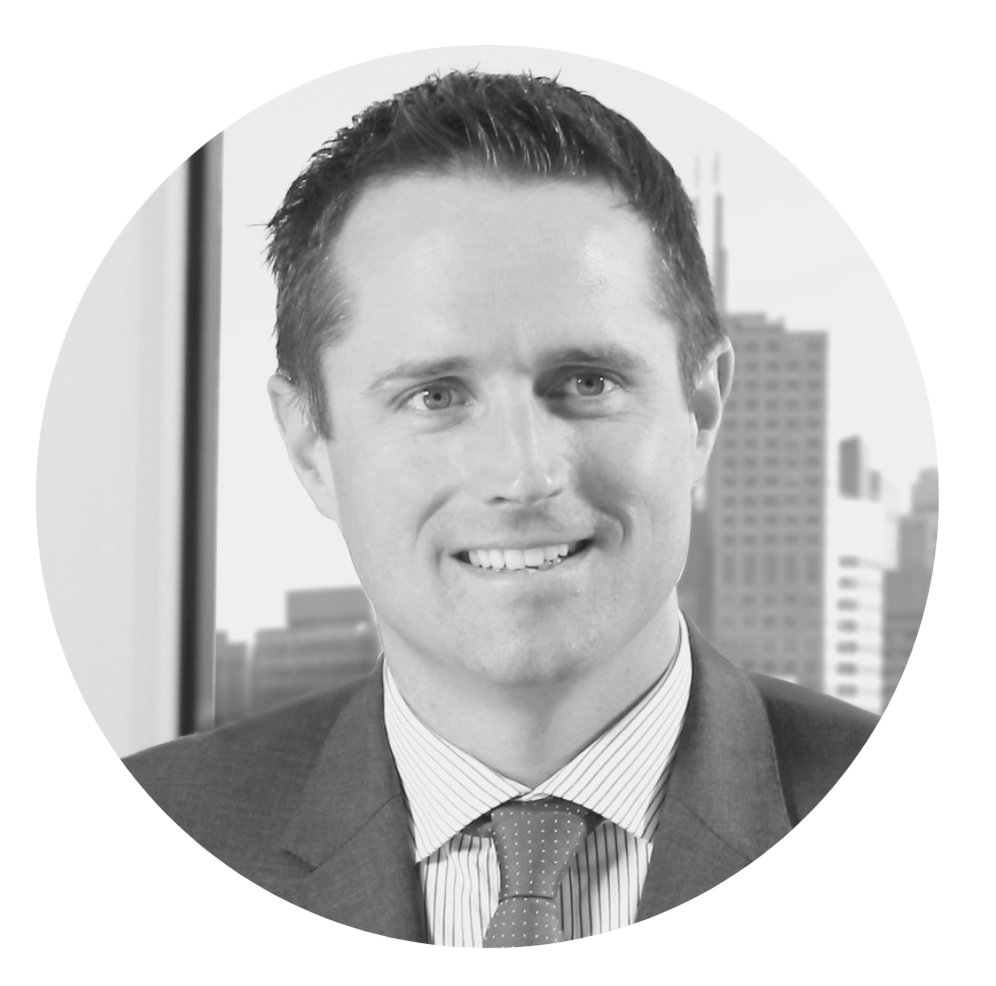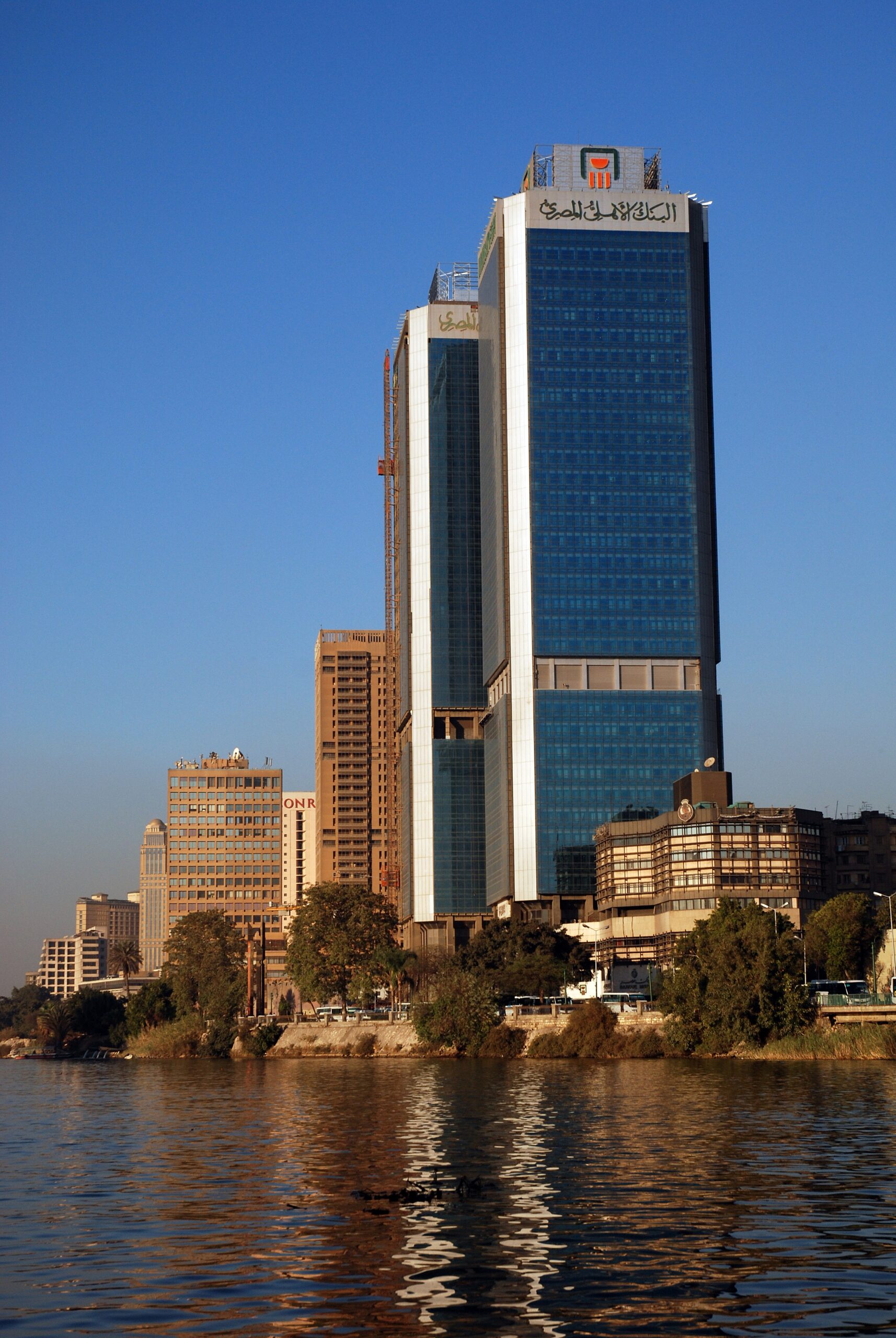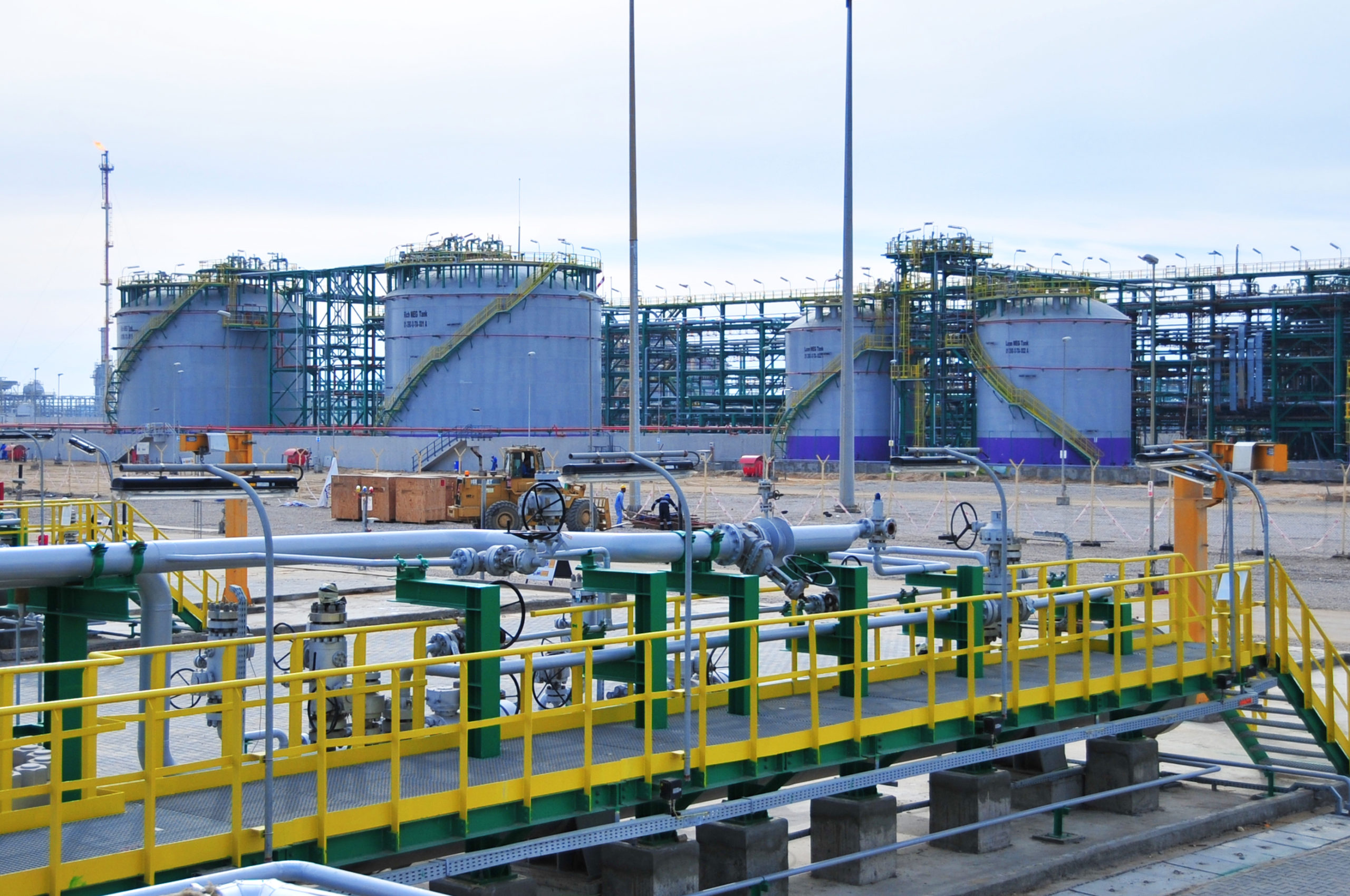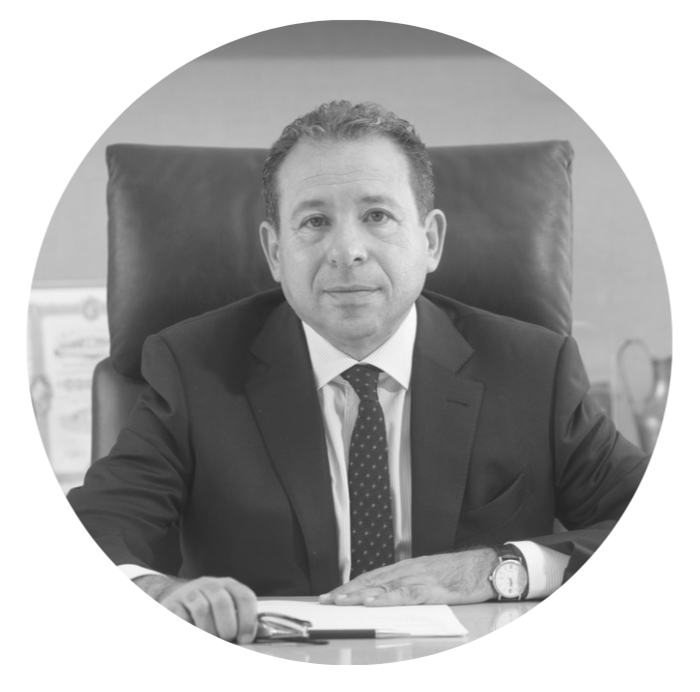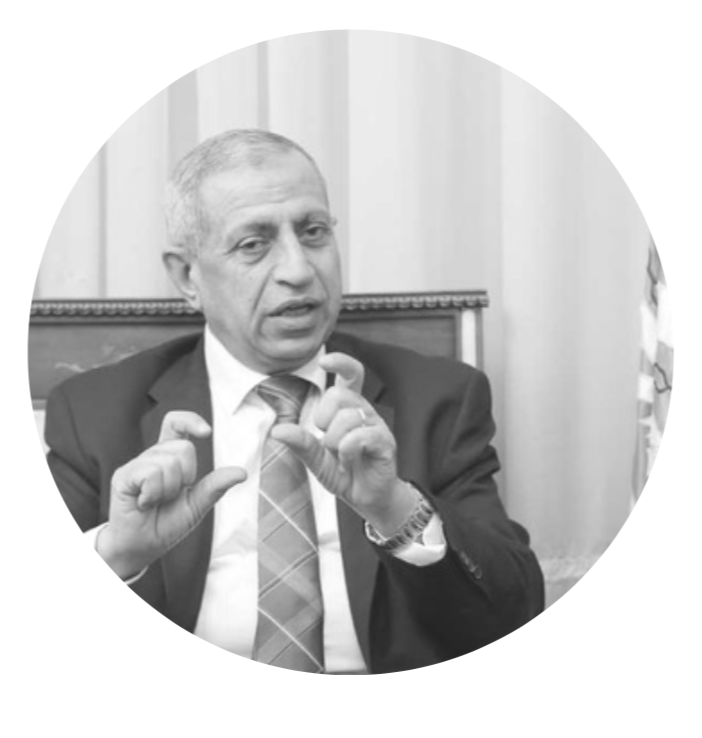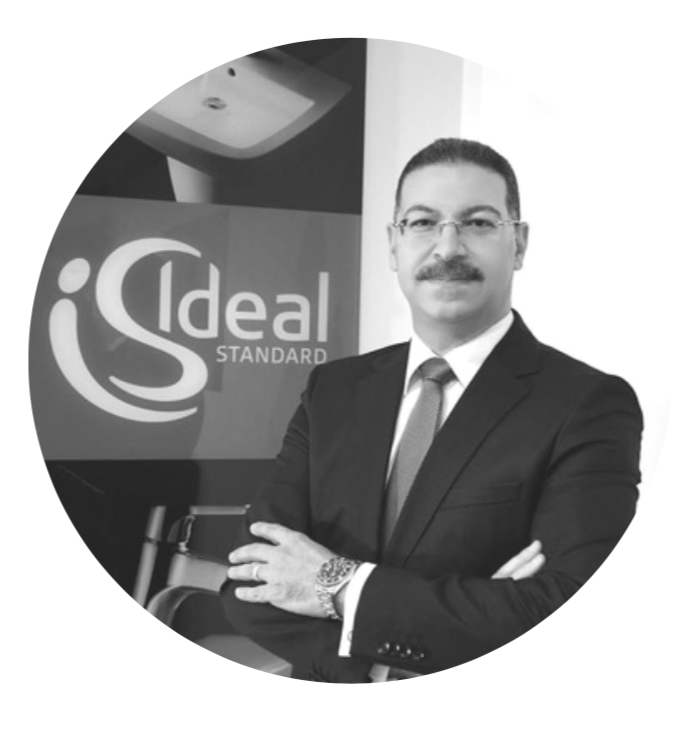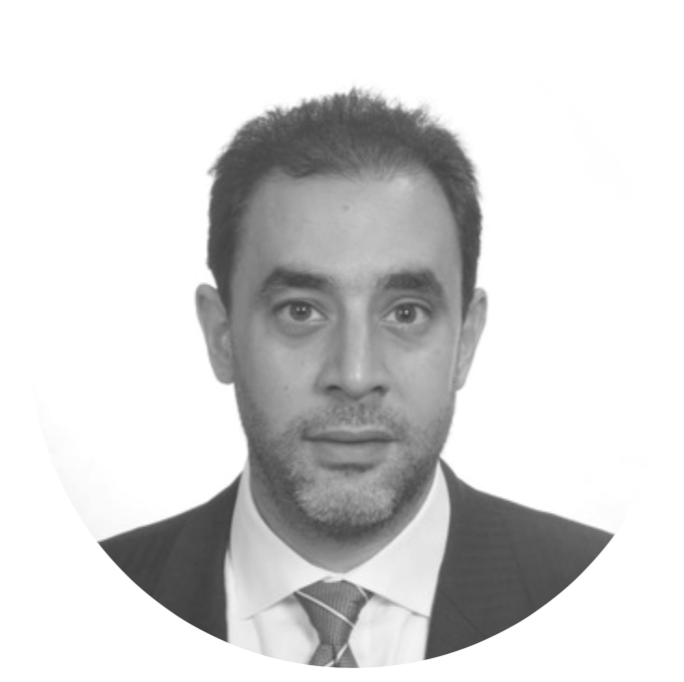The challenge of modern environments
The modern workplace has changed dramatically over the years. Oliver Zimmerman, CEO of Condair, highlighted that, “We are spending nearly 90% of our time within hermetically sealed artificial interiors that often are comparable to desert climates.”
Our comfort within these indoor environments and the productivity of office employees largely relies on the assembling of pleasant and healthy indoor climates. Heating, ventilation, and air conditioning (HVAC) technologies have become standard, and are consistently providing more ideal thermal comfort and indoor air quality in buildings.
While a constant flow of fresh air was readily available within porous buildings of the past, the despised cold drafts were eliminated building and construction engineers. Although creating airtight spaces minimized heat and cooling loss within buildings, they require a constant flow of fresh, outdoor air. These HVAC units are steadily increasing global energy consumption, and in some cases, creating essential challenges to our health. A consequence is an even dryer indoor environment.
Today, one of the biggest trends in the building technology sector is improving HVAC energy efficiency to reduce energy bills. Sustainably designed real estate cost less to operate, and many new commercial buildings are now designed to meet Leadership in Energy and Environmental Design (LEED) specifications. The Empire State Building, for example, in 2011, had the most extensive energy-savings retrofit in the US, which shaved $2 million in its energy costs per year.
The ongoing sustainability trend of upgrading existing buildings with energy-saving air treatment systems combined with new construction projects gives a positive outlook for the HVAC market. Several Swiss companies have invested in R&D to offer improvements to this rapidly growing industry.
Belimo is the leading global manufacturer of actuators, valves, and sensor solutions for controlling heating, ventilation, and air-conditioning systems. Lars van der Haegen, CEO of Belimo, stated, “Buildings are currently responsible for 40% of greenhouse gas emissions, and targeted investments can offer a long-lasting improvement to their efficiency. Well-installed sensors, actuators and valves can make a surprising 30% impact. When tackling CO2 emission reductions, buildings are the best place to start, and the potential to increase energy efficiency in buildings within the USA is enormous.”

Van der Haegen asserts that Belimo’s, “Small bright orange actuators and energy valves are making an impact on global energy consumption within the HVAC systems they control.” Their use translates into a substantially higher functionality, as well as cost savings. Van der Haegen went on to mention, “The Belimo energy valve, in particular, is a fascinating in-house innovative component that was introduced to markets in 2012 and continues to be extremely successful all over the world. Belimo’s smart valves continuously optimize the flow and adjust the necessary climatic conditions, thereby helping to reduce the operating costs in buildings and CO2 emissions.” Combined with Belimo’s intelligent cloud services, it is setting a new standard for automatic optimization of HVAC systems. Belimo is now working on version 4.0 of this product, and the digital cloud network it works on is allowing Belimo and its clients to improve efficiency in buildings in previously unimaginable ways.
Climate solutions are increasingly necessary for most residential, business, industry, and other sensitive working areas, but are having unintended consequences. Some dehumidification occurs as a natural side effect of controlling temperature, but this is incidental. Although changes in humidity radically impact our environment, humans are unable to detect changes in moisture, and therefore classic air treatment systems were never designed to modify humidity. Relative humidity is a notion that is recently getting additional traction, but people are resistant to invest in areas they lack an understanding in. Particularly, as humidity changes rapidly depending on geographical location and the seasons.
The benefits of humidification technology within industrial and commercial applications are understood. Industrial and commercial environments often require tight control over humidity to ensure consistent results. For example, low humidity causes an increase in electrostatic discharges, which can severely cripple the functionality of a data center.
The chemical, pharmaceutical, and medtech clusters heavily rely on clean room manufacturing environments within their facilities to properly ensure nano precision. Agrifood production and storage require stable humidity environments to grow and ensure produce arrives fresh to supermarkets. Even the atmosphere surrounding the printing presses had to be carefully controlled to ensure the paper did not curl, and the ink fused correctly. Excessively dry environments pose long term risks. Correct humidity levels are paramount to ensuring more efficient production lines. Even museums seek to ensure value preservation through proper humidity, as priceless works of art are brittle and prone to warping. Zimmermann highlighted how, “Humidification is an essential part of value preservation within museums, and Condair has installed devices that protect for example the Mona Lisa in the Louvre and the Smithsonian facilities from excessive dryness.”

We are still learning the role humidity has on our health. In particular, how lower levels decrease our immune system. In May 2019 Professor Akiko Iwasaki of the Department of Immunobiology at Yale University performed an interesting study on humidity.
Two groups of genetically modified mice were exposed to the flu. The same type of mice are utilized in the production of the annual flu vaccine. One group of mice were exposed to a low 20% humidity environment, and the other were placed within a 50% humidity environment. No mice survived the study in the lower humidity environment, while half survived in the higher humidity environment.
Oliver Zimmermann, CEO of Condair Group, was keen to mention that while industry is increasingly implementing humidity solutions, public spaces need the same solutions. Nearly a third of office workers are distressed by the effects of dry air in the workplace. Staff productivity is often impaired by recurring sinusitis, and other negative side effects from non-ideal indoor climates. According to Zimmermann, it is time for residential and office spaces to increase their focus on adequate humidity levels and ensure buildings are complimented with this technology.




